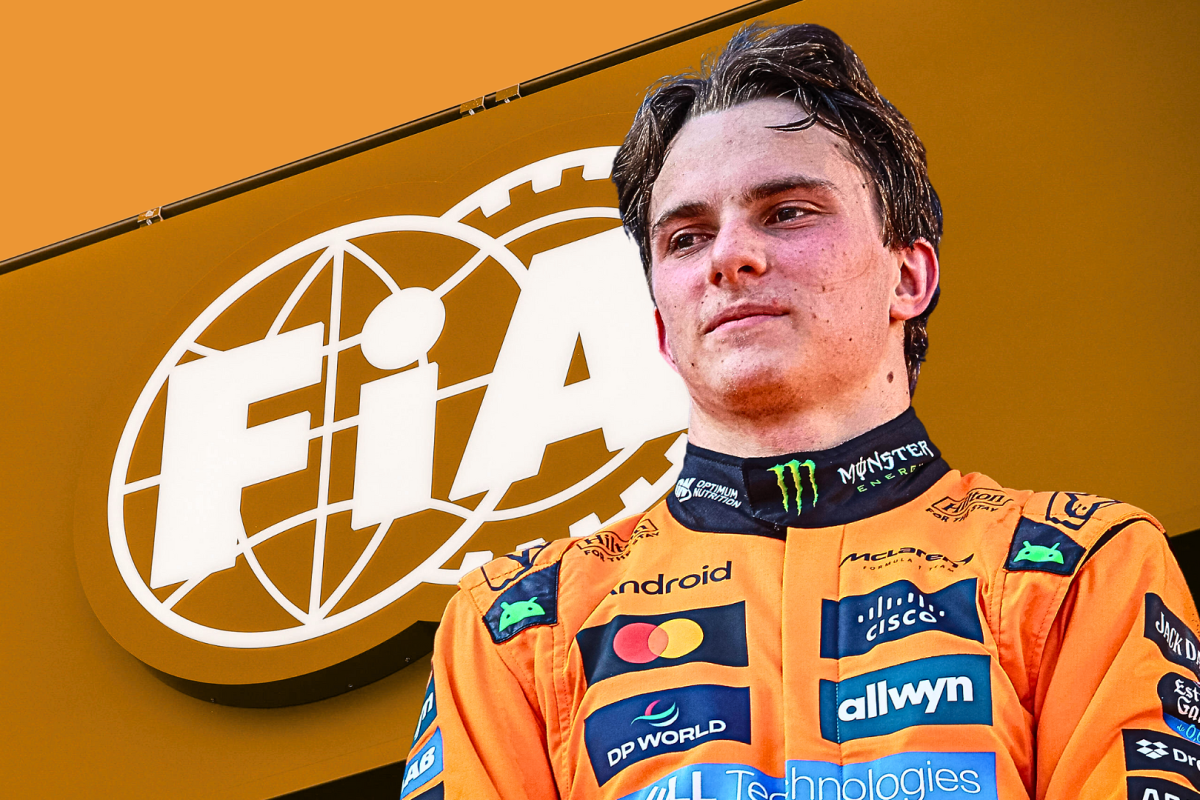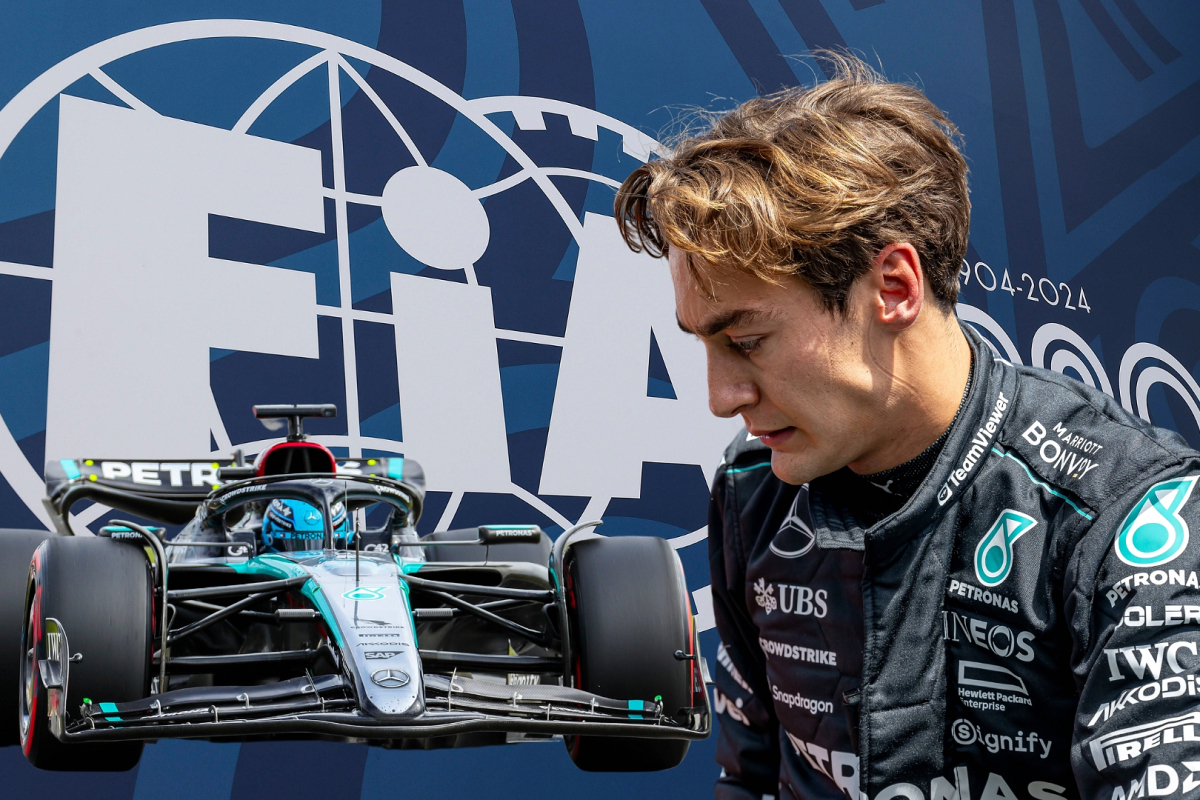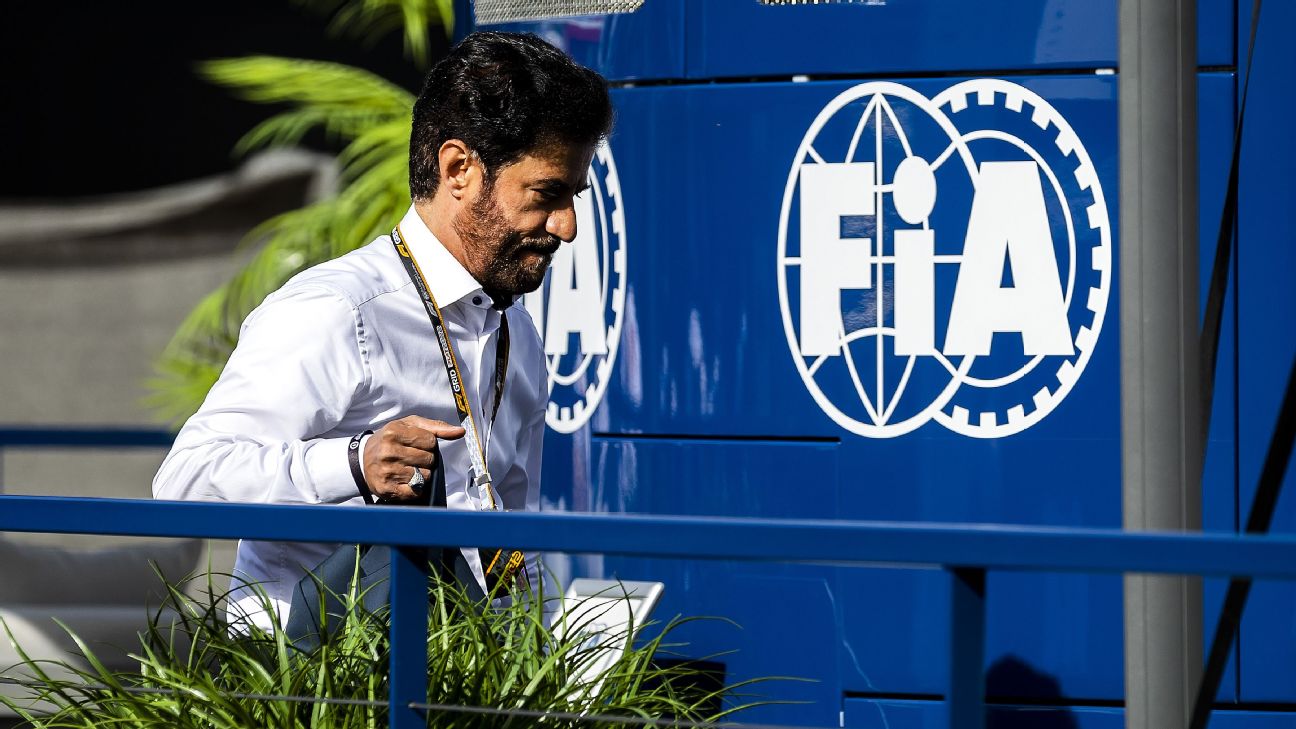Oscar Piastri’s Penalty at Silverstone: A Justified FIA Decision or a Harsh Misjudgment?
Oscar Piastri had all the ingredients for a defining Formula 1 victory at Silverstone: dominant pace, composure under pressure, and a clear lead. Yet what should have been a celebratory weekend turned into a cloud of controversy, thanks to a 10-second penalty issued by the FIA for a breach of safety car restart protocol. Now, fans, pundits, and even fellow drivers are split down the middle — was this a justified punishment, or an overly harsh misstep by motorsport’s governing body?
The incident that triggered the penalty occurred during one of the most chaotic phases of the British Grand Prix. With four safety car interventions in the first half of the race, the most contentious came after a crash involving Isack Hadjar and Andrea Kimi Antonelli. As the pack lined up behind the safety car between Turns 14 and 15, Oscar Piastri was in the lead. But what happened next shifted the narrative of the entire race.

The Moment in Question
As the safety car peeled away, Piastri — perhaps attempting to gain an advantage — accelerated hard and then slammed on the brakes. This sudden action caused Max Verstappen behind him to swerve evasively and momentarily move ahead of the McLaren, before backing off again. Though Verstappen would later spin out due to unrelated issues, his near-collision raised immediate eyebrows.
Telemetry later revealed Piastri decelerated from 218 km/h to just 52 km/h on a straight, with 60 psi of brake pressure applied — a maneuver considered dangerous and in direct violation of Article 55.15 of the FIA Sporting Regulations. This rule requires the race leader to maintain a steady pace without erratic or potentially hazardous movements once the safety car lights are extinguished.
The Penalty and the Fallout
The FIA responded swiftly, issuing Piastri a 10-second time penalty — a decision that would not only strip him of his lead but also hand victory to his teammate, Lando Norris. Unsurprisingly, Piastri was livid.
“I’m not going to say much. I’ll get myself in trouble,” he said over the team radio. “Apparently, you’re not allowed to brake behind the safety car anymore. I did it for five laps. Heck with it…”
Piastri even suggested a position swap with Norris should the team deem the penalty unjust — a rare and bold move that revealed his frustration. McLaren, however, did not oblige. Perhaps aware that a British win at Silverstone would be historic for Norris, or perhaps unwilling to publicly challenge the FIA, they held formation.
The Russell Comparison
Piastri, and many fans, pointed to a recent precedent to argue inconsistency in the FIA’s decision-making — namely the incident in Canada involving George Russell and Max Verstappen. In that case, Russell braked suddenly behind the safety car, causing Verstappen to briefly overtake him. No penalty was issued.
“Going back to Canada, I think you had to evade more there than you did today,” said Piastri. “So I’m a bit confused, to say the least.”
Though the two situations aren’t identical — Russell’s move was seen more as a mind game than a reckless act — the lack of a penalty in Montreal certainly adds a layer of inconsistency to the FIA’s enforcement. Even Red Bull’s Christian Horner weighed in: “I wasn’t surprised to see Oscar get a penalty… It was probably more surprising that George didn’t get one in Montreal.”

Was Nationality a Factor?
Some fans have gone as far as to raise questions about bias — particularly the idea that British drivers like Russell might be receiving more lenient treatment on their home turf. While such accusations are speculative and dangerous territory, they do reflect a growing sense of unease among international fans, especially in the wake of several recent controversial decisions that seemed to lean in favor of home favorites.
Piastri, an Australian, was racing brilliantly at one of F1’s most hallowed grounds. Whether coincidence or not, the timing and nature of the penalty has fueled conspiracy theories — something the FIA can ill afford during a turbulent period under the presidency of Mohammed Ben Sulayem.
The Bigger Picture: A Shift in the Championship
Beyond the penalty itself, the implications for the 2025 championship are enormous. Piastri now finds himself just eight points behind Lando Norris, with Verstappen falling out of realistic title contention — 69 points adrift after a disastrous Silverstone.
In some ways, the FIA’s decision has reshaped the title fight into a two-horse race between McLaren teammates. And with Spa-Francorchamps fast approaching, the internal battle is poised to intensify. Piastri, to his credit, remains focused. “I feel like I did a good job today. I did what I needed to do,” he said after the race. “That’s all I need, and I will use the frustration to make sure I win some more races later.”
Class, Controversy, and Celebration
The drama didn’t stop at the checkered flag. When Nico Hülkenberg — after 239 Grand Prix starts — finally clinched his first podium, the McLaren drivers appeared oblivious. They sprayed champagne on each other and barely acknowledged the veteran’s milestone. This lack of sportsmanship was criticized by fans and pundits alike. As dominant as McLaren currently is, moments like these matter in the court of public opinion.
Andrea Stella, McLaren’s team principal, acknowledged that Norris’s win was “guaranteed” due to the penalty, but stopped short of defending Piastri. Instead, he focused on how the team must learn to handle such controversies with more grace.
What Now for the FIA?
As much as this debate centers around Oscar Piastri, it’s the FIA that’s once again in the spotlight. Consistency in officiating has long been a problem in Formula 1, and the Silverstone decision reopens old wounds. From Lewis Hamilton’s infamous 2021 Abu Dhabi loss to sporadic enforcement of track limits and restarts, fans have become weary of unpredictable governance.
With more and more drivers openly questioning penalties — and with social media feeding global skepticism — the pressure on the FIA to clarify and standardize its interpretations has never been higher.

Conclusion
Was the 10-second penalty justified? By the letter of the law, yes. Piastri did breach Article 55.15. But context matters. The severity of the penalty compared to similar incidents — particularly Russell in Canada — makes the decision appear inconsistent at best, and potentially unfair at worst.
What’s certain is that this moment will linger in the minds of fans and drivers for the remainder of the season. Piastri may have lost Silverstone, but the fire he’s shown since suggests that the battle is far from over — and the war for the championship may have only just begun.
Full Video:





